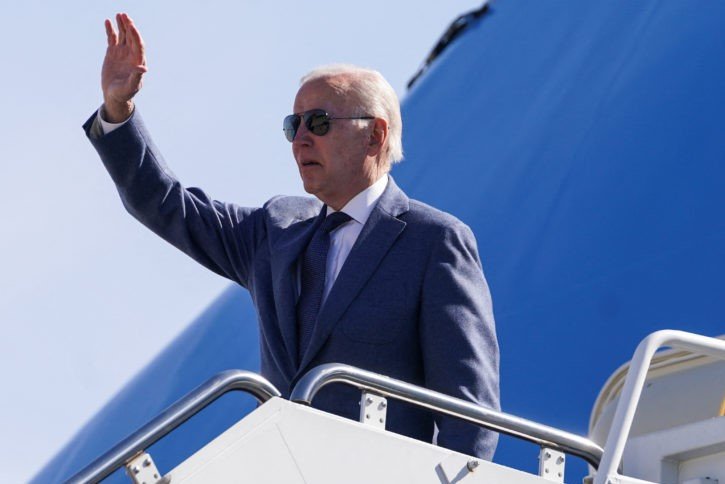The invitation extended to Georgian Prime Minister Irakli Kobakhidze to attend President Joe Biden’s traditional reception in New York has been canceled. This decision comes amidst growing concerns over the Georgian government’s recent actions, which have been perceived as anti-democratic by the U.S. administration. The cancellation of the invitation, confirmed by both the Biden administration and the Georgian Prime Minister’s office, highlights the strained relations between the two nations.
Diplomatic Strain and Its Implications
The cancellation of the invitation to the Georgian Prime Minister is a significant diplomatic move. It underscores the U.S. administration’s disapproval of the Georgian government’s recent policies and actions. The Biden administration has expressed concerns over the Georgian government’s stance on democracy and human rights. This move is seen as a clear message to the Georgian leadership about the importance of adhering to democratic principles.
The decision to cancel the invitation was not taken lightly. It followed a series of actions by the Georgian government that have raised eyebrows in the international community. These actions include the adoption of controversial laws and measures that have been criticized for undermining democratic institutions and processes. The U.S. administration’s response is a reflection of its commitment to promoting democracy and human rights globally.

The implications of this diplomatic strain are far-reaching. It could affect bilateral relations between the two countries and impact Georgia’s aspirations for closer ties with Western nations. The Georgian government will need to carefully consider its next steps to address the concerns raised by the U.S. and other international partners.
Reasons Behind the Cancellation
Several factors contributed to the decision to cancel the Georgian Prime Minister’s invitation. One of the primary reasons is the recent actions and statements by the Georgian government that have been perceived as anti-democratic. These include the adoption of the so-called Law on Foreign Agents, which has been criticized for targeting non-governmental organizations and stifling dissent.
Another factor is the Georgian government’s handling of opposition parties and civil society groups. There have been reports of increased pressure on opposition parties and attempts to curtail their activities. This has raised concerns about the state of democracy in Georgia and the government’s commitment to upholding democratic norms.
The U.S. administration has also been concerned about the Georgian government’s stance on Euro-Atlantic integration. Recent statements and actions by the Georgian leadership have cast doubt on the country’s commitment to this path. The cancellation of the invitation is a signal that the U.S. expects Georgia to adhere to its commitments and respect the will of its people.
Future Prospects for U.S.-Georgia Relations
The cancellation of the invitation to the Georgian Prime Minister is a setback for U.S.-Georgia relations. However, it also presents an opportunity for both sides to reassess their positions and work towards a more constructive relationship. The U.S. remains committed to supporting Georgia’s democratic development and its aspirations for closer ties with the West.
For the Georgian government, this is a moment of reflection. It needs to address the concerns raised by the U.S. and other international partners. This includes taking concrete steps to strengthen democratic institutions, protect human rights, and ensure the rule of law. By doing so, Georgia can rebuild trust and demonstrate its commitment to democratic values.
Looking ahead, there is potential for renewed engagement between the U.S. and Georgia. Both sides have a shared interest in promoting stability and security in the region. By working together, they can address common challenges and build a stronger partnership based on mutual respect and shared values.
